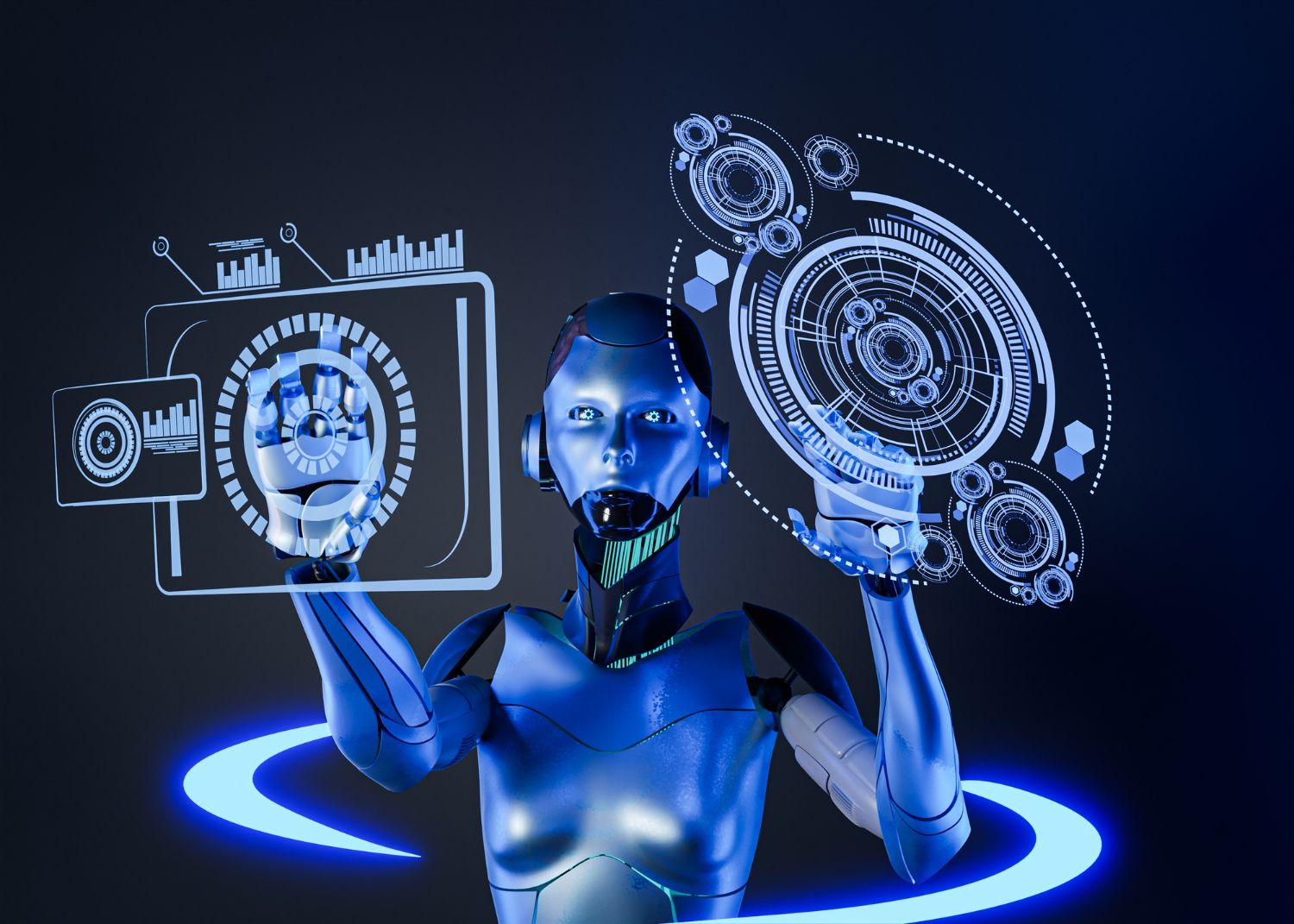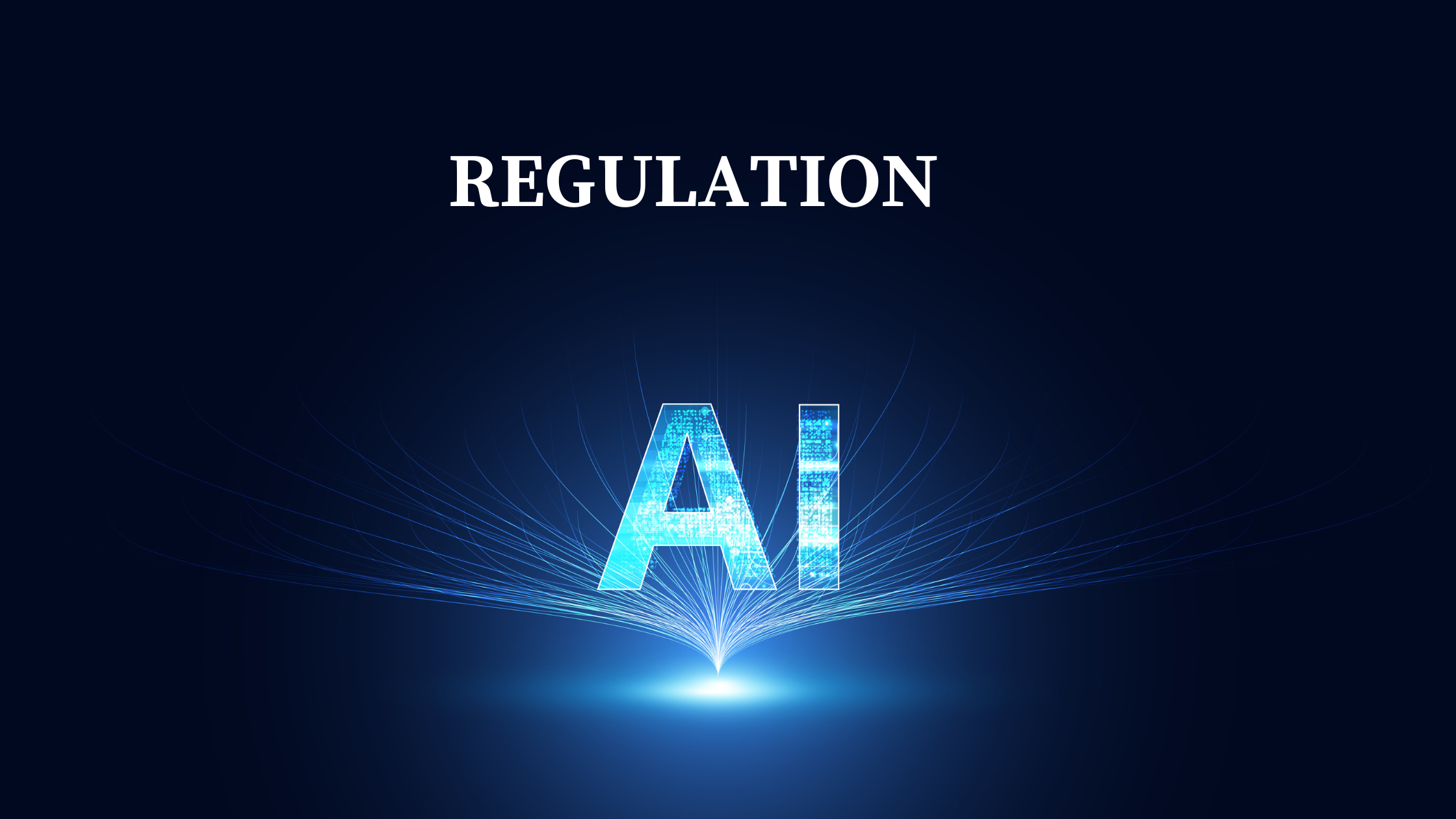Green is the New Black: Why the GGRF Matters to Your Small Business
What if you could significantly reduce your operating costs? Then imagine if you could attract a new wave of environmentally
Discover the transformative power of AI in the next 5 years. From the accelerated pace of life to eroding privacy, this expert analysis explores the industries disrupted and the long-term challenges we must navigate. Unlock the future of AI and gain a competitive edge.


As an AI Fintech lender focusing on asset-based lending, I've witnessed firsthand the progressions, in intelligence (AI) and how they are reshaping various sectors and communities. The upcoming five years are poised to bring about changes. AI is set to transform our lifestyles, professions, and social interactions.
In this piece, I will lean into the domains where AI is set to mold our tomorrow. Businesses and individuals will gain guidance and wisdom in maneuvering through this technological terrain.
For years artificial intelligence was mostly a topic found in science fiction stories sparking our creativity, with ideas of thinking machines and advanced civilizations. As we moved into the later part of the 20th century scientists and tech experts started working diligently to bring AI to life.
The Dartmouth Summer Research Project on Artificial Intelligence in 1956 played a role in shaping the field by introducing the term " intelligence" and bringing together a community of dedicated AI researchers.
Despite early hype that sometimes outpaced the actual capabilities of AI, significant advancements in the last moments of the 20th century began to have a profound impact on society. The defeat of chess master Gary Kasparov by IBM's Deep Blue system signaled a historic threshold, as thinking machines had transitioned from the realm of science fiction to the real world.
The era of big data, coupled with the exponential growth in computational power predicted by Moore's Law, has enabled AI to sift through vast amounts of information and learn how to accomplish tasks previously achievable only by humans.
This "machine renaissance" has already permeated our lives, from voice recognition devices like Alexa to recommendation engines used by Netflix. But the next five years will likely bring about even more transformative changes.

TAKEAWAYS
- The concept of AI has evolved from science fiction to reality, with significant advancements in the late 20th century.
- The 1956 Dartmouth Summer Research Project on Artificial Intelligence was a pivotal moment, introducing the term and incubating a research community.
- The defeat of chess grandmaster Gary Kasparov by IBM's Deep Blue signaled that thinking machines had entered the real world.
- The era of big data and exponential computational power has enabled AI to accomplish tasks previously achievable only by humans.

In the coming years, society will change a lot. This is particularly true for how people interact with major institutions. Companies, governments, and nonprofits will add intelligence to their decision-making and public engagements. Consequently, these entities will be capable of making swifter decisions leading to an increase in the speed of everyday life.
"AI will allow these organizations to make most of the decisions much more quickly. As a result, we will all feel life speeding up." – Dr. Li Lei, AI Fintech Executive
This increased speed will have profound implications for how we interact with institutions and navigate our daily lives. Customers and citizens will need to adapt to faster response times, more efficient processes, and the potential loss of personalized interactions as AI-driven automation takes hold.
TAKEAWAYS
- Businesses, government agencies, and nonprofits will implement AI in their decision-making processes, leading to a faster pace of life.
- Organizations will be able to make decisions much more quickly, causing a noticeable acceleration in how we engage with large institutions.
- Customers and citizens will need to adapt to faster response times, more efficient processes, and the potential loss of personalized interactions.
The rise of powerful AI systems will also challenge our societal commitments to privacy. As the cost of deeply analyzing personal data drops and more advanced algorithms become widespread, we may find that technological barriers, rather than ethical convictions, have been the primary drivers of privacy protections.
Our commitment to protecting privacy has already been severely tested by emerging technologies over the last 50 years. As the cost of peering deeply into our personal data drops and more powerful algorithms capable of assessing massive amounts of data becomes more widespread, we will probably find that it was a technological barrier more than an ethical commitment that led society to enshrine privacy.
Navigating the ethical implications of AI's impact on privacy will be a critical challenge in the years ahead. Businesses and policymakers will need to strike a delicate balance between technological advancements and the preservation of individual rights and freedoms.
TAKEAWAYS
- Powerful AI systems will challenge our societal commitments to privacy as the cost of data analysis drops and advanced algorithms become more widespread.
- Technological barriers, rather than ethical convictions, may have been the primary drivers of privacy protection in the past.
- Navigating the ethical implications of AI's impact on privacy will be a critical challenge for businesses and policymakers.

With the increasing prevalence of AI, the regulatory landscape is bound to get more intricate. Various government entities spanning from local levels are working on developing and enforcing new regulations and policies to oversee the use of AI technology. In the U.S. we anticipate a surge in AI regulations, as city, state, and federal bodies lay down their guidelines.
The legal complexity of doing business will grow considerably in the next five years as a result. Presently across the planet, governments at every level, local to national to transnational, are seeking to regulate the deployment of AI.
Businesses and organizations will need to navigate this evolving regulatory landscape, adapting their practices to ensure compliance and avoid legal pitfalls. Staying informed and proactive will be key to thriving in this new AI-powered environment.
TAKEAWAYS
- Governments at all levels, from local to global, are actively drafting and implementing new laws and policies to govern the deployment of AI.
- In the United States, we can expect a thicket of AI-related regulations as authorities at the city, state, and federal levels establish their frameworks.
- Businesses and organizations will need to navigate this evolving regulatory landscape, adapting their practices to ensure compliance and avoid legal pitfalls.

Education: At all levels of education, AI will likely be transformative. Students will receive tailored educational content and training based on their learning styles. By 2028, the education system could be barely recognizable as AI determines optimal strategies and personalizes the learning experience.
"By 2028, the education system could be barely recognizable as AI determines optimal strategies and personalizes the learning experience for each student." – Dr. Lei Li AI Fintech Executive
Healthcare: AI will become a standard tool for doctors and physician assistants, improving the accuracy of medical diagnoses. However, the sensitivity of patient data and the complexity of navigating the laws that protect them will also lead to an even more complicated medical-legal environment and increased costs.
Finance: Natural language processing and machine learning will allow banks, financial advisors, and sophisticated chatbots to efficiently engage with clients across a range of interactions, from credit monitoring to financial planning. AI systems will also be used to develop more complex and rapidly executed investment strategies.
Law: We can expect the number of small and medium-sized law firms to decrease, as AI-powered chatbots and small teams of lawyers leveraging AI can accomplish the work that would have previously required larger teams. By 2028, the number of human lawyers in the U.S. could be cut by 25% or more.
Transportation: The near-term future will see more autonomous vehicles in private and commercial use, from personal cars to cargo trucks and spacecraft. The age of AI-powered transportation will be one of the most dramatic transformations we'll witness.
The notion that AI poses an existential risk to humans has existed almost as long as the concept of AI itself. While the most extreme scenarios proposed by figures like Elon Musk and Geoffrey Hinton seem more akin to science fiction, there are more realistic long-term risks to consider.
The more likely long-term risk is missed opportunities. If organizations become overly cautious due to AI anxiety and underinvest in the technology, human societies will miss out on significant efficiency gains, potential innovations that flow from human-AI collaboration, and possibly even new forms of technological, scientific, and societal advancement that powerful AI systems can indirectly catalyze.
Another concern is the potential for AI-enabled systems to gradually erode human control, as we've already seen in the finance industry with algorithmic trading. The speed and scale at which these systems operate can outpace our ability to maintain meaningful oversight, leading to unintended consequences and a loss of control.

In the next five years, we can expect a significant transformation period as artificial intelligence becomes more integrated, into various aspects of our daily lives. With the pace of life and the ongoing issues related to privacy and regulation, the influence of this technological revolution will be extensive and impactful.
Speaking as an AI Fintech Executive, I urge both businesses and individuals to embrace the opportunities AI brings while remaining watchful and adaptable considering these shifts. By approaching this changing landscape with insight and agility, we can utilize AI's potential to foster innovation, boost efficiency, and ultimately enhance the human experience.
Sign up for the newsletter and get our latest stories delivered straight to your inbox.